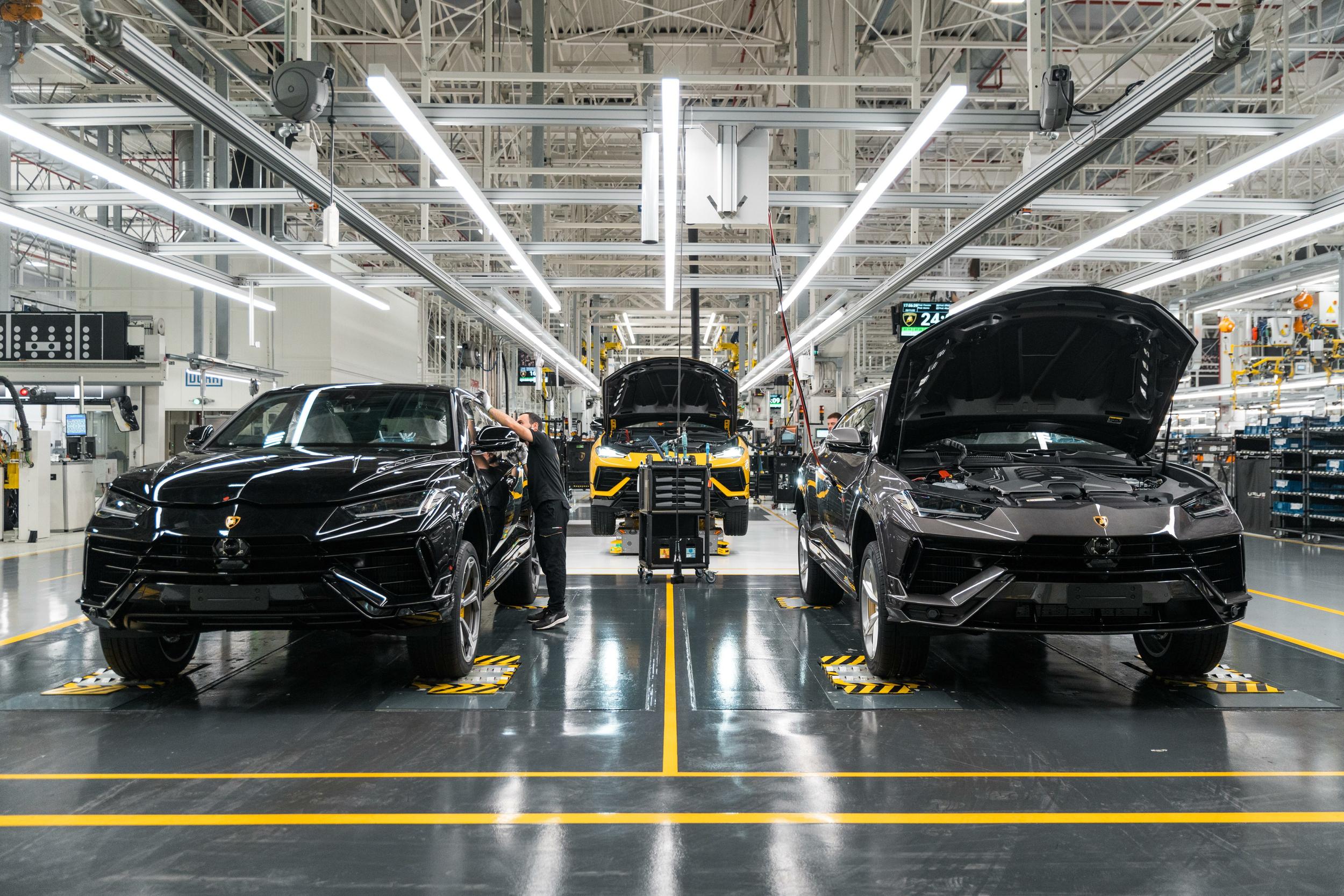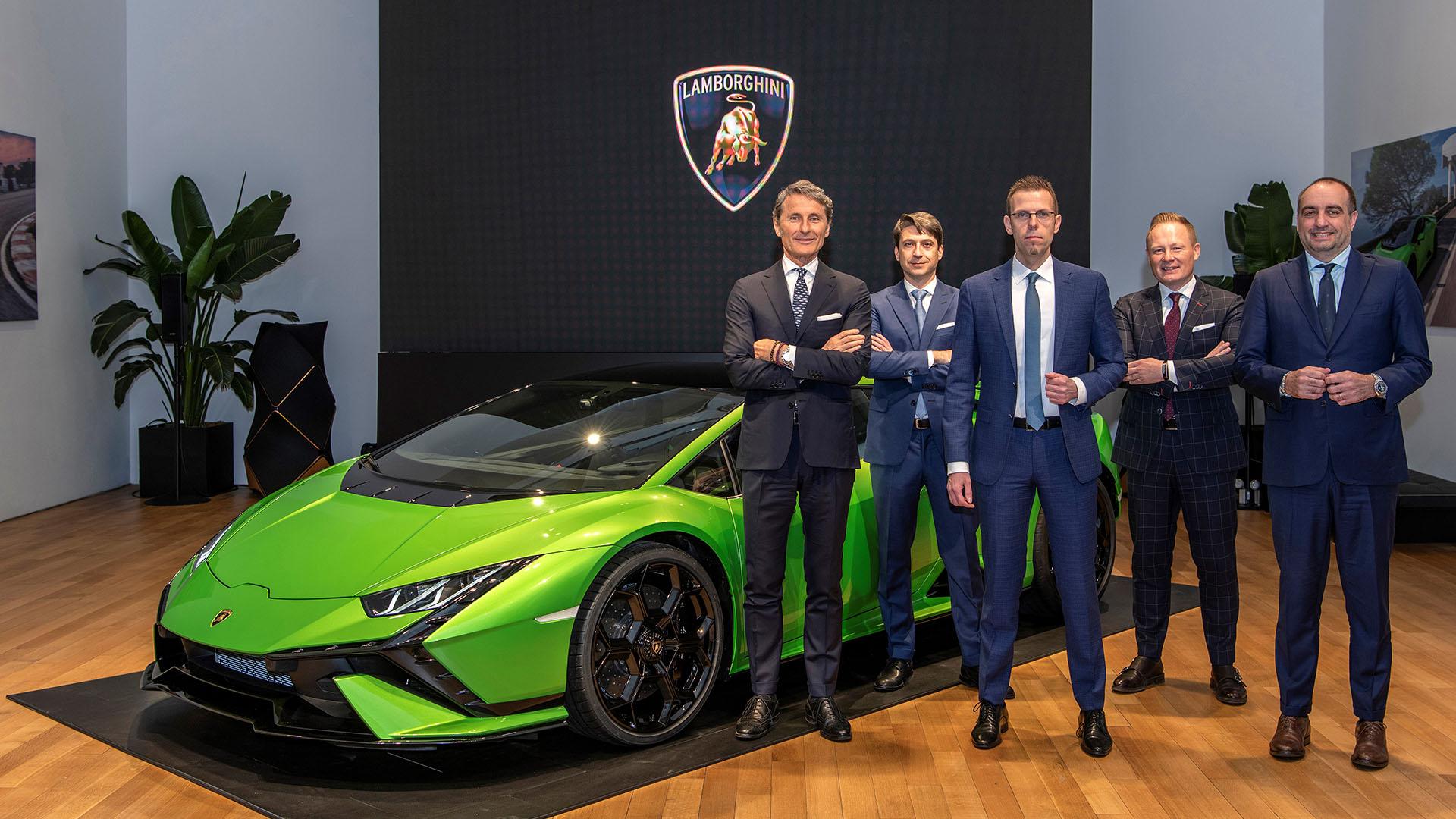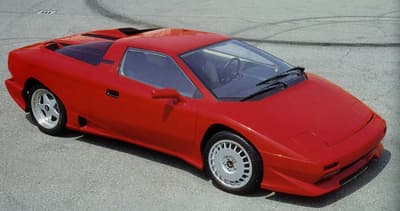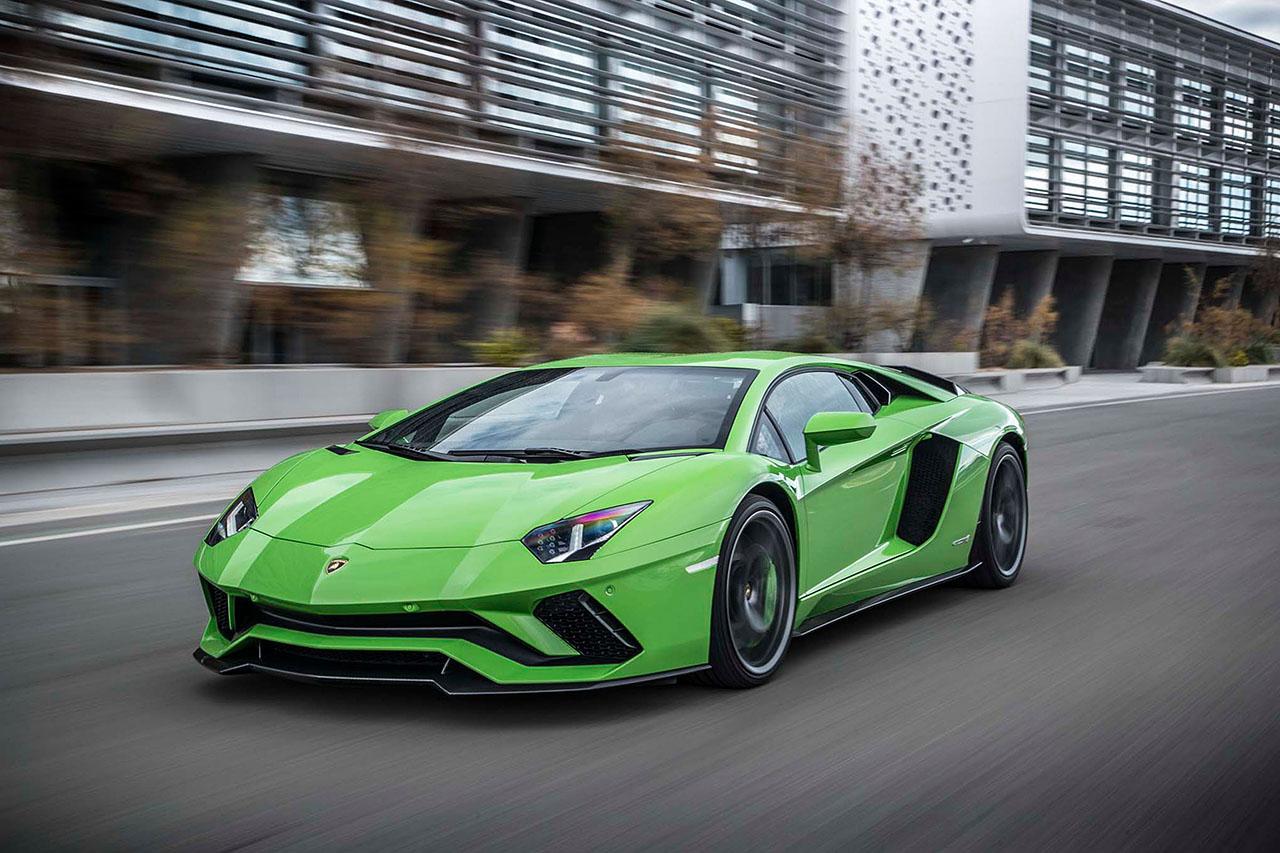Emboldened by their recent financial success, Lamborghini is set to introduce the successor to their “entry-level” model Huracan. Breaking from tradition, Lamborghini is opting to go solo on this project, ending its previous partnership with Audi. The launch of this successor to the Huracán, a purely Lamborghini endeavor, is scheduled for 2024.
First time
During the design phase of both the Gallardo and Huracán, Lamborghini collaborated with Audi, resulting in these models sharing platform and numerous critical components with the first and second-generation Audi R8 (powertrain, transmission, and even the all-wheel drive system). The deal also helped Audi put a V10 engine in their R8, which could have never happened without the help of Lamborghini. Overall the results were beneficial for both brands but with Audi discontinuing the R8 and Lamborghini having amazing cash flow, it makes sense for the Italian manufacturer to fly on its own wing for now.
How Lamborghini became self-sufficient?

The Italian Supercar maker hit its peak in 2022, turning over €2.38 billion and securing a 25.9% operating margin. It led to an impressive income of €614 million. The company broke its own record by delivering an astonishing 9,233 vehicles last year. The Urus SUV took the spotlight, accounting for over half of the sales. This financial triumph has cleared the path for Lamborghini to embark on their next project independently.
Let’s just take a moment to think that in 2023, every single sports car manufacturer now offers an SUV: Ferrari Purosange, Porsche Cayenne, Lamborghini Urus, Aston-Martin DBX. Expect to see the same very soon from Koenigsegg, Bugatti, and Zonda!
Anyways, riding the success of the Gallardo and Huracan, Lamborghini plans to forge a unique product that won’t lean on any Audi models. According Francesco Scardaoni, the Asia-Pacific Region Director for Lamborghini, commented, “Since we’ve been so profitable, we got the green light to develop our own platform,”
Huracan will not use the Porsche MMB Platform

Formerly, speculation was rife that Lamborghini might adopt Porsche’s MMB (Modular mid-engine platform), the foundation for their next-generation Porsche 911, also known as the 992. Engineers designed this platform to accommodate both mid- and rear-engine configurations. However, the landscape has dramatically shifted, courtesy of the substantial profits Lamborghini accrued from the launch of their highly successful product, the Urus SUV, in December 2017. In essence, these unprecedented profits have granted Lamborghini the liberty to construct a bespoke platform for the Huracán.
While detailed information about this new platform is currently sparse, it’s certain to be custom-built to embody the quintessential Lamborghini DNA. Scardaoni hinted that even though Lamborghini exclusively crafted this platform, they might give other Volkswagen Group affiliates access to it in the future.
Plug-In Powertrain – Capacitor or Battery?

Under the hood, Lamborghini enthusiasts can anticipate a radical transformation. The successor will bid adieu to the naturally aspirated V10, making way for a more environmentally friendly plug-in hybrid setup. The expected twin-turbo V8 engine will couple with an eight-speed, dual-clutch automatic transmission borrowed from the Lamborghini Revuelto.
But we have no idea yet if it will be a large battery with a real electric range or a cool capacitor system like in the Lamborghini Sian which will not allow pure EV range but will add horsepower without adding too much weight to the platform. But considering Revuelto is showcasing their new gearbox without reverse gear and using the electric motor for reverse. It would not be surprising to see the same trick on the Huracan successor.
As emissions regulations tighten, Lamborghini must evolve towards a hybrid setup. This move is part of Lamborghini’s wider strategy for electrification. Lamborghini plans to debut a hybrid version of the Urus in 2024, and around 2028, the company intends to unveil its first purely electric model, a 2+2 grand tourer.
No doubt that by 2030, there will be no more ICe engines, even for Lamborghini. But as Toyota recently showcased an EV emulating Internal Combustion engine sounds and vibration and even a manual transmission, there is hope these extreme EVs could be just as good as ICE ones.
With all Huracan units sold out, the stage is set for Lamborghini to make a significant leap into the future. And if you ever want to buy one, you better rush to your dealer to place a deposit today because it is sure to be sold out years before the concept car is unveiled.



